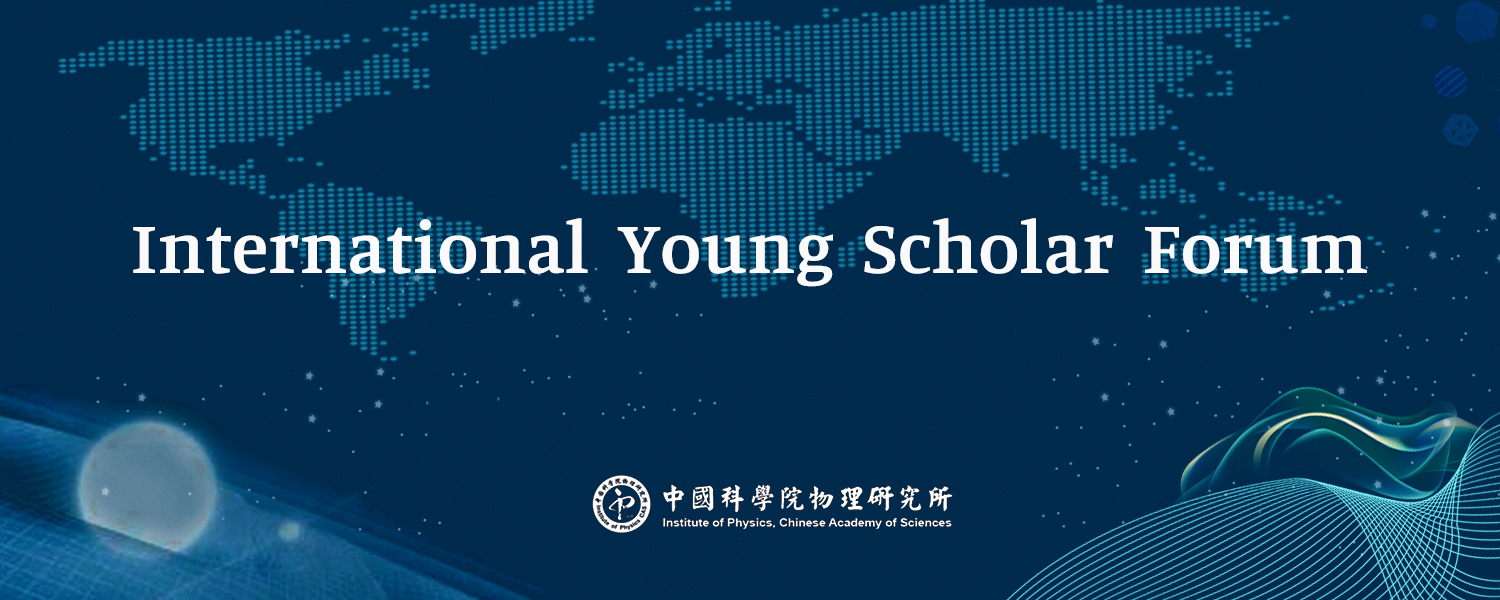Speaker: Shi-Xin Zhang, Senior Research Scientist, Tencent Quantum Lab
Host: Prof. Lei Wang, Laboratory of Condensed Matter Theory and Computation, IOP
Time: 10:00 am, January 5th, 2023
Abstract:
In the noisy intermediate-scale quantum era (NISQ), we are likely to achieve practical quantum advantage using near-term programmable quantum hardware. To further develop the understanding and utilization of NISQ, we made progresses in three aspects: quantum algorithms, quantum simulation, and quantum software. In this talk, I will discuss how to apply quantum-neural hybrid scheme [1, 2] and quantum architecture search [3, 4] to design variational quantum algorithms and apply quantum error mitigation. I will also discuss how to use quantum computer to model and simulate novel non-equilibrium states and dynamics [5, 6]. Finally, I will introduce the high-performance quantum software framework for the NISQ era – TensorCircuit [7]. These works together pave the way to better understand and investigate the power of NISQ devices.
References:
[1] Variational quantum-neural hybrid eigensolver, Physical Review Letters 128, 120502 (2022).
[2] Variational quantum-neural hybrid error mitigation, arXiv:2112.10380.
[3] Differentiable quantum architecture search, Quantum Science and Technology 7, 045023 (2022).
[4] Neural predictor based quantum architecture search, Machine Learning: Science and Technology 2, 045027 (2021).
[5] Probing many-body localization by excited-state VQE, arXiv:2111.13719.
[6] Discrete time crystal enabled by Stark many-body localization, arXiv:2208.02866.
[7] TensorCircuit: a quantum software framework for the NISQ era, arXiv:2205.10091.
Brief CV of Prof. Shi-Xin Zhang:
Shi-Xin Zhang, currently senior research scientist in Tencent Quantum Lab. He obtained his PhD in physics from Institute for Advanced Study, Tsinghua University, supervised by Prof. Hong Yao. He graduated with outstanding PhD and outstanding thesis award at Tsinghua University. Before this, he obtained his bachelor’s degree in physics from Department of Physics, Tsinghua University in 2016. His main research interests include quantum algorithm design, quantum non-equilibrium physics, quantum software, and machine learning application in quantum physics.
